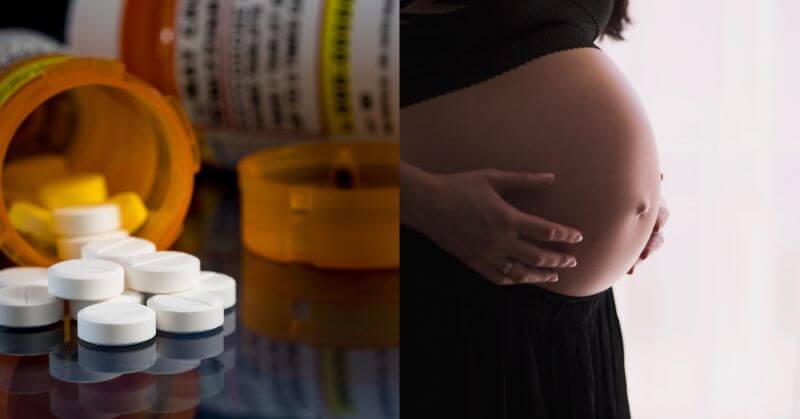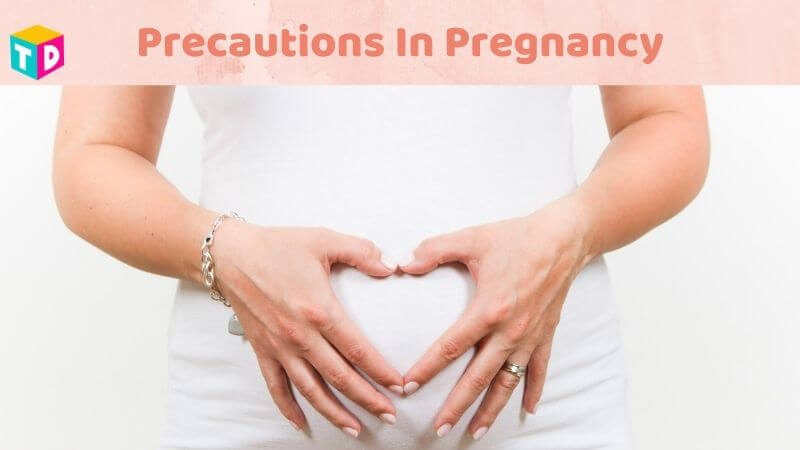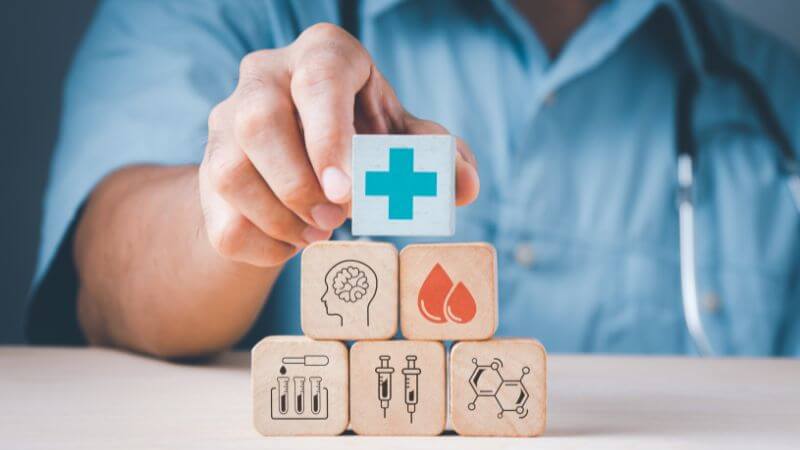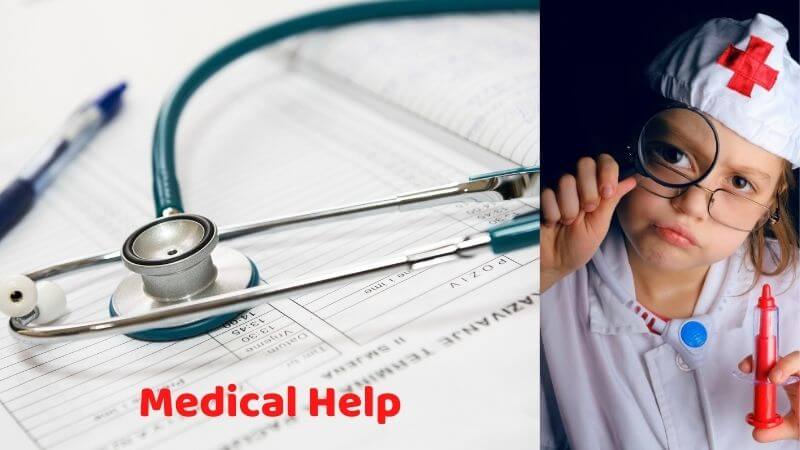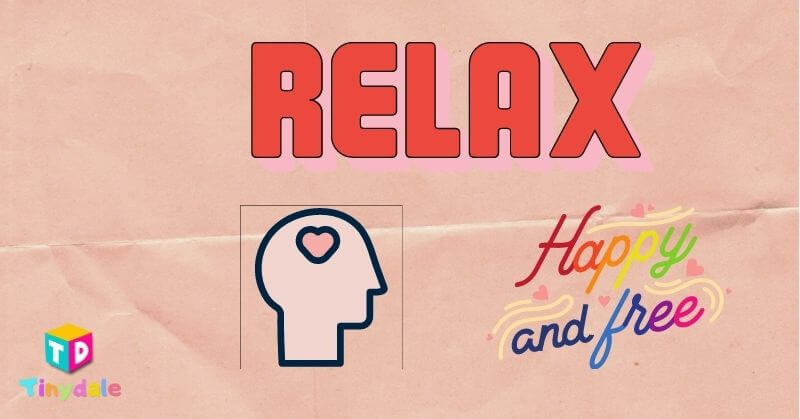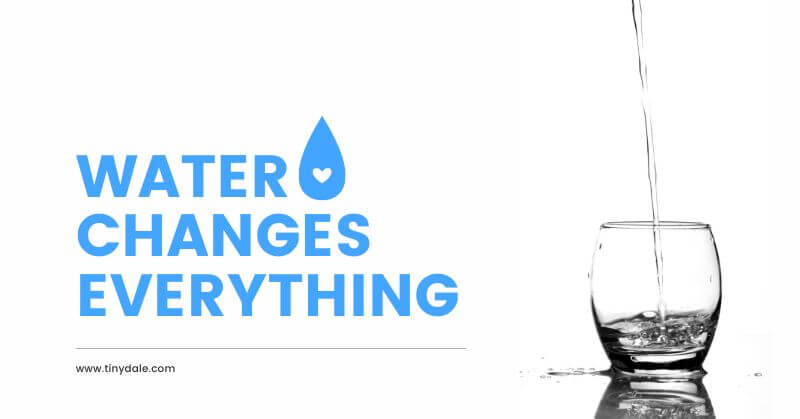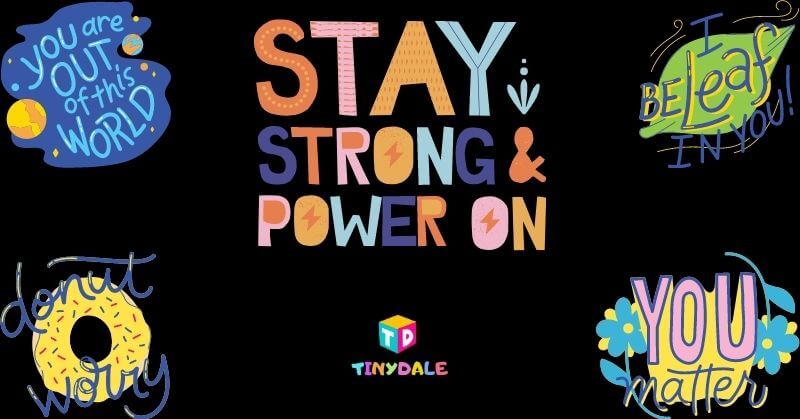Pregnancy is one of the most beautiful and exciting times for women, but it also comes with some serious challenges. One of the challenges that some women may face during pregnancy is opioid addiction and subsequent Opioid withdrawal.
The adverse effect of opioid withdrawal during pregnancy can be significant and cause harm to both the mother and the baby.
So, if you are pregnant and also struggling with opioid addiction, you should take certain precautions to ensure your baby’s safety.
That’s why you should try to follow these eight precautions for mitigating the effects of opioid withdrawal while pregnant.
What is Opioid Withdrawal?
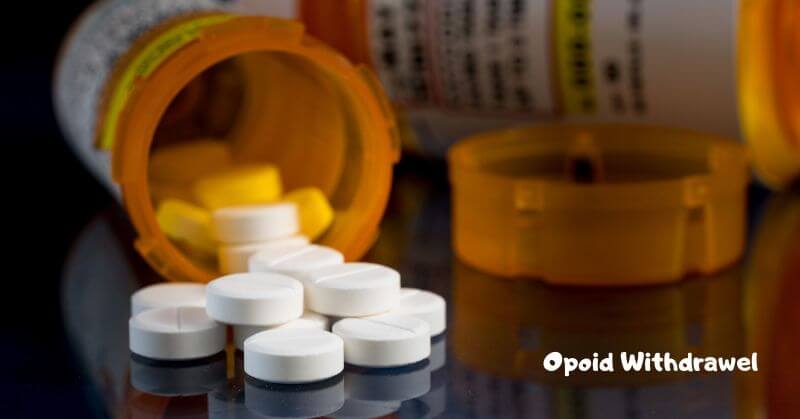
Opioids are a class of drugs that include prescription painkillers like oxycodone and hydrocodone and illegal drugs like heroin. Opioid withdrawal is a set of physical and mental symptoms that occur when a regular opioid user suddenly stops or reduces their use.
If you use opioid medication for a prolonged period, your body can get used to it and not respond as strongly as before.
So, as time goes on, you may need to take more of the drug to get the same effect that you used to experience.
This means that if you stop using opioids suddenly, you may experience a range of unpleasant symptoms, which is known as opioid withdrawal. It’s worth noting that opioid withdrawal can be very uncomfortable and even painful, but it’s not usually life-threatening.
With Recovery Delivered local suboxone, you can relieve most of your pain and expect a quick recovery from withdrawal symptoms.
Opioid Withdrawal During Pregnancy
When someone addicted to opioids tries to stop using them, they can experience various kinds of withdrawal symptoms.
Now, when it comes to opioid withdrawal during pregnancy, there are some unique considerations to keep in mind. Abruptly stopping opioid use can be dangerous for both the mother and the developing fetus and could even lead to miscarriage.
Withdrawal symptoms in pregnant women can vary in severity and may include the following:
- Diarrhea
- Insomnia
- Increased heart rate and blood pressure
- Nausea and vomiting
- Anxiety and restlessness
- Muscle aches and pains
- Sweating and chills.
8 Precautions to Take During Opioid Withdrawal
If you become pregnant, you have to give up all sorts of bad habits, including opioid addiction. But you don’t have to get nervous if you face withdrawal symptoms during these special times. Here are some precautions you can take to keep you and your baby safe from withdrawal symptoms:
1. Seek Medical Attention
One of the most essential aspects while experiencing opioid withdrawal during pregnancy is to seek medical attention as quickly as possible.
Medical professionals can monitor you and your baby, manage your symptoms, and ensure that you are both safe.
But you have to be honest with your healthcare provider about your opioid use so that they can deliver the best care possible. They might even prescribe some prenatal vitamins to ease your withdrawal discomfort.
2. Follow a Doctor’s Plan During Opioid Withdrawal
After consulting with your doctor, he or she will likely develop a plan for managing your opioid withdrawal during pregnancy.
When you’re pregnant and experiencing opioid withdrawal, following those plans for a healthy pregnancy is crucial. The plan might involve things like medication-assisted treatment (MAT) or other therapies to help you handle your symptoms.
3. Rest and Relax
Rest and relaxation are critical during opioid withdrawal, especially if you’re pregnant, because stress can worsen things.
You should try to get enough rest to help you alleviate symptoms such as anxiety and insomnia. During this time, it’s extremely important to listen to your body and take breaks whenever you feel sick.
4. Stay Hydrated
during detox, dehydration is one of the biggest risks, and it’s actually the reason why most people end up in the hospital. That’s why always remember to stay hydrated and drink sufficient water during withdrawal.
This will help to prevent dehydration, which can worsen symptoms such as nausea, vomiting, and dry mouth during pregnancy. Apart from water, you can also drink electrolytes or other fluids that can help you stay hydrated and manage your symptoms.
5. Eat Nutritious Foods During Opioid Withdrawal
Eating nutritious and healthy foods can help to support your body during opioid withdrawal and potentially uplift your mood.
For this reason, always try to eat a balanced diet that includes plenty of fruits, vegetables, and lean protein. This can significantly help boost your energy levels and give your body proper strength during withdrawal.
6. Avoid Stressful Situations
Avoiding stressful situations is crucial as these can aggravate the symptoms of opioid withdrawal which might have an adverse effect on your body.
Try to avoid all situations that may cause stress or anxiety, and take steps to manage stress when it does occur. You might practice relaxation techniques such as deep breathing or meditation to keep your body and mind fresh.
7. Take Care of Your Mental Health
Opioid addiction has a considerable impact on a person’s mental health and that impact can be even more serious during pregnancy.
At times, withdrawal symptoms can overwhelm you and make it difficult to focus on your daily life. This is why you should seek therapy or counseling, practice self-care, and reach out to supportive friends and family members.
8. Minimize Your Idle Time
Another effective way to keep your mind cheerful during pregnancy is to stay busy and do what you love. This means finding things to do that keep you engaged so you don’t focus too much on any symptoms you might be experiencing. You could try reading a book, watching a movie, working out, or even gardening.
Conclusion On Opioid Withdrawal While Pregnant
Opioid withdrawal while pregnant is extremely difficult, but with these precautions mentioned above, you and your baby can be safe.
Remember to be kind to yourself during this challenging time and to take things one day at a time. With time and support, you can overcome opioid addiction and have a healthy pregnancy and baby.
Follow Us: Facebook | Instagram | Twitter | Youtube | Pinterest
Tinydale is on YouTube, Click here to subscribe for the latest videos and updates.

